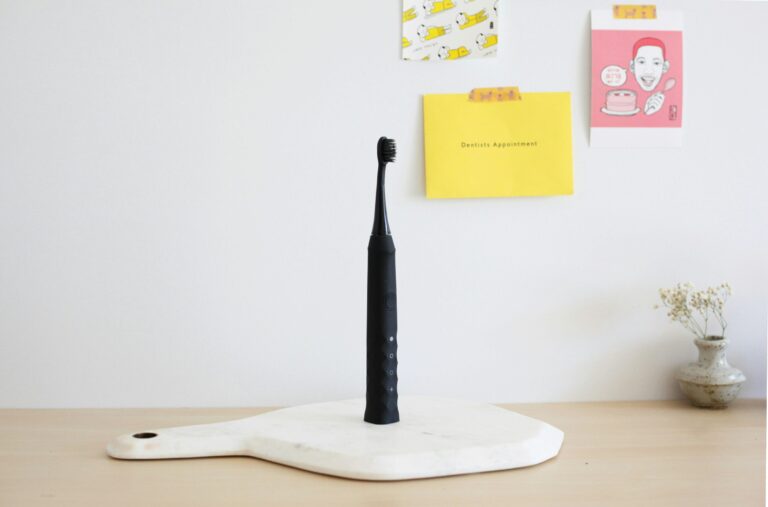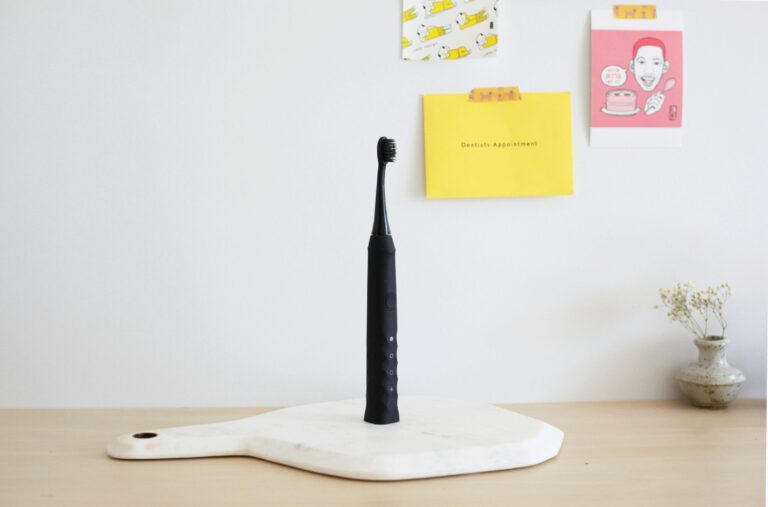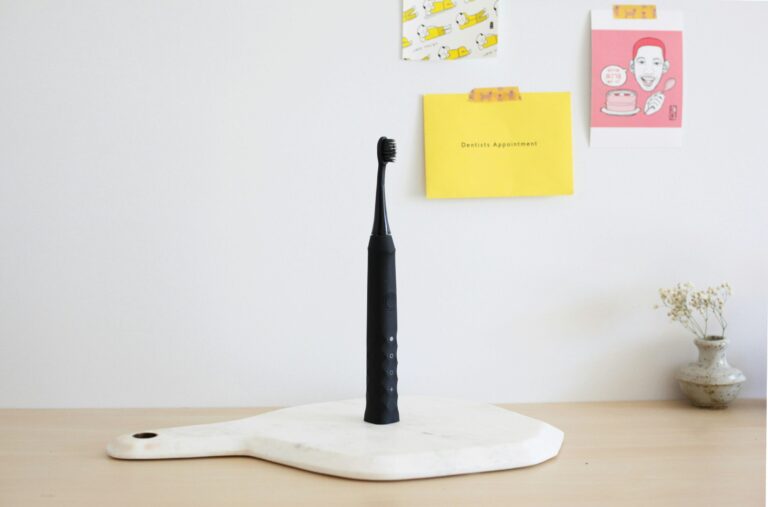Fresh breath is essential for confidence and social interactions. While many people focus on brushing and flossing their teeth, they often overlook a key player in oral hygiene: the tongue. Tongue scraping is a simple and effective practice that can significantly enhance your oral health and freshness of breath. This article explores the importance of tongue scraping, its benefits, and how to incorporate it into your daily routine.
Benefits of Tongue Scraping
1. Reduces Bad Breath
One of the primary reasons people choose to scrape their tongues is to combat bad breath. Studies show that the majority of oral bacteria reside on the tongue. Regularly removing this buildup can lead to fresher breath.
2. Improves Taste Sensation
A coated tongue can dull your taste buds, impacting your enjoyment of food. By scraping your tongue, you remove residue that interferes with taste perception. This can enhance your overall eating experience.
3. Enhances Oral Hygiene
Tongue scraping is a crucial part of maintaining good oral hygiene. It removes harmful bacteria that can contribute to plaque buildup, cavities, and gum disease. A clean tongue complements brushing and flossing, leading to better oral health.
4. Boosts Overall Health
Oral health is closely linked to overall health. Studies suggest that poor oral hygiene can increase the risk of systemic diseases, such as heart disease and diabetes. By keeping your mouth clean, you may lower your risk of developing these conditions.
5. Supports Digestive Health
According to traditional practices like Ayurveda, tongue scraping helps stimulate digestive enzymes. Removing toxins from the tongue can aid digestion and promote overall gut health.
How to Properly Scrape Your Tongue
Step 1: Choose the Right Tool
Select a tongue scraper made from stainless steel, plastic, or copper. Each material has its benefits, but stainless steel is often recommended for its durability and effectiveness.
Step 2: Rinse Your Mouth
Before scraping, rinse your mouth with water to loosen debris. This makes the scraping process easier and more effective.
Step 3: Position the Scraper
Place the scraper at the back of your tongue, ensuring it makes contact with the surface.
Step 4: Apply Gentle Pressure
Gently pull the scraper forward along your tongue, applying mild pressure. Aim to remove the white coating without causing discomfort.
Step 5: Rinse and Repeat
After each scrape, rinse the scraper under running water to remove debris. Repeat the process several times until your tongue appears clean.
Step 6: Clean the Scraper
After you finish scraping, clean your tongue scraper thoroughly with soap and water. This helps prevent the growth of bacteria on the tool itself.
How Often Should You Scrape Your Tongue?
For optimal results, scrape your tongue once each morning before eating or drinking. This routine removes overnight buildup and helps you start your day with fresh breath. Some people may choose to scrape their tongues multiple times a day, especially if they experience persistent bad breath.
Conclusion
Tongue scraping is a simple yet effective practice that can significantly improve oral hygiene and freshen your breath. By incorporating this practice into your daily routine, you can enjoy better overall health, enhanced taste sensation, and increased confidence.
Frequently Asked Questions (FAQs)
1. How does tongue scraping help with bad breath?
Tongue scraping removes bacteria, food particles, and dead cells from the surface of the tongue, which are major contributors to bad breath.
2. Can I use a toothbrush instead of a tongue scraper?
While a toothbrush can help clean the tongue, a dedicated tongue scraper is more effective at removing buildup and providing a thorough clean.
3. Is tongue scraping safe for everyone?
Yes, tongue scraping is generally safe for most people. However, if you have specific oral health concerns, consult a dentist before starting this practice.
4. How long should I scrape my tongue?
Scrape your tongue for about 10-30 seconds, ensuring you cover the entire surface from back to front.
5. Can tongue scraping replace brushing my teeth?
No, tongue scraping should complement brushing and flossing, not replace them. All three practices are essential for optimal oral hygiene.
6. Are there any side effects of tongue scraping?
If done too aggressively, tongue scraping may cause irritation or discomfort. Always use gentle pressure and avoid scraping too far back on the tongue.



